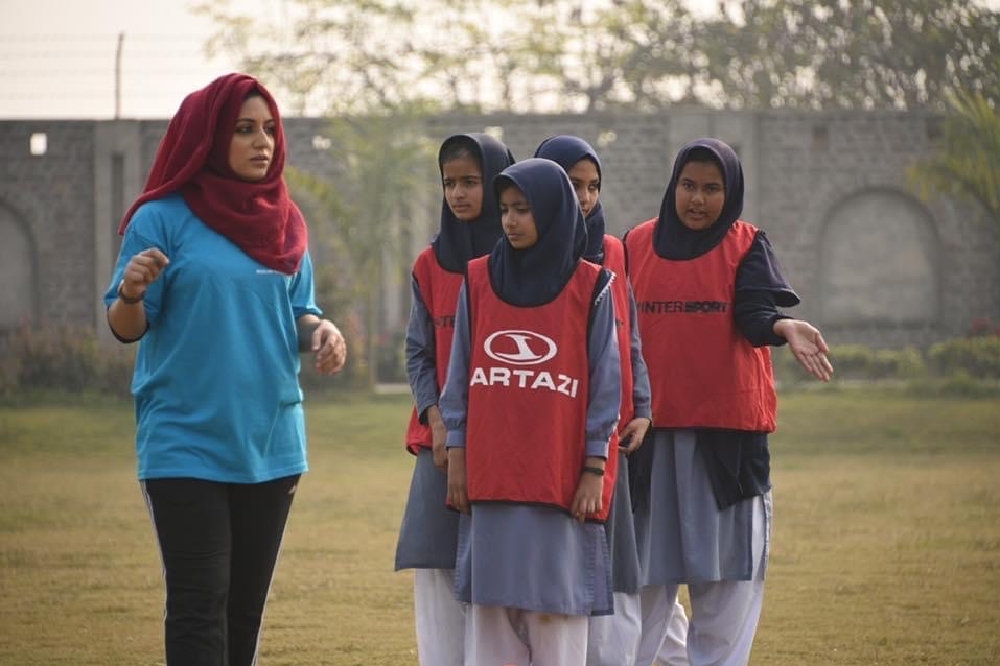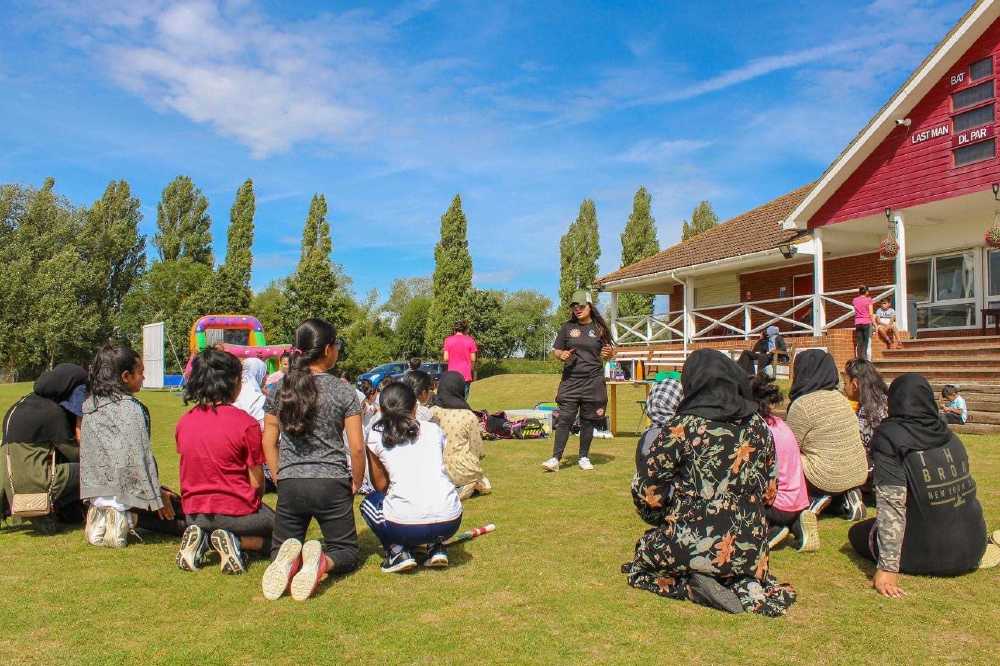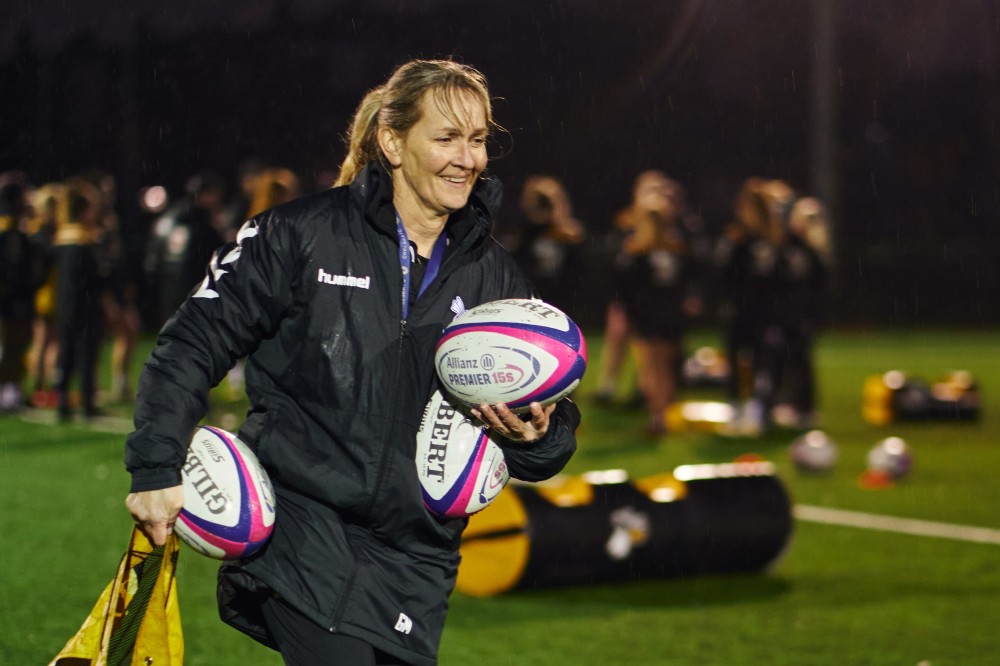UK Coaching – the UK’s leading charitable organisation for sports and physical activity coaches– is issuing a rallying call for more women to become coaches to counteract the looming covid-related health crisis.

Image courtesy of UK Coaching
The latest Sport England data suggests an alarming drop in the number of people offering their time to support others to get active, which will only exacerbate already declining activity levels. A total of 6.6 million people (14% of the adult population) offered their time to lead activity sessions from November 2020-21, a fall of more than 3.1 million people compared to the year before*, and follows a drop in numbers in the years prior to the pandemic.
In response to this worrying new data, and following on from the success of the #WomenWhoCoach campaign, UK Coaching is leading a nationwide drive to expand the coaching workforce by encouraging more women to consider a career in coaching.
The campaign will see the organisation engage with seven of the nation’s leading sports over the next ten years, to lead a nationwide drive to recruit more coaches and ensure that the nation is fully supported and empowered to become more active, more often.

Founder of the first ever girls cricket team in Slough, Raabia Ahkter, is an outstanding example of coaching’s impact on well-being. Recognising both the benefit of diversity in coaching on the participant and the benefits of becoming a coach, she has called for more women passionate about sport to consider taking on coaching roles to support their local community.
“I’m proud of both the recognition I have received and the positive impact I have seen with more girls getting involved in cricket.
“It’s given me a lot more confidence – knowing that I can inspire others to love the sport as much as I do, and my focus has always been on supporting young people into taking part, whatever their experience might be. I have set up the first ever girls cricket team in Slough, which is a big step to seeing more local women and girls active in the sport.
“I would tell anyone who is considering getting involved in coaching that you can really make your own mark. Don’t give up on your dream – if you’re passionate about sport or helping people stay active then you can do amazing things to give back to the community.”
Mel Marshall, coach to Adam Peaty, former Olympian & Lead Coach at the British Swimming Performance Centre, said:
"I feel incredibly passionate about the recruitment drive, having progressed from athlete to coach myself. The coaching workforce at all levels needs to be inclusive, diverse and accessible to all, and people need to be aware of the incredible opportunities coaching can bring to our lives both as participants and as coaches.
“Coaching is an innate skill that sits within you. Whether you’re a new mum, a dad of four, a primary school teacher, an ex-athlete, or working in an office-based role, there are so many opportunities out there, to help shape the future of sport and physical activity.
"Great coaching can help bring communities together, breathe increased activity into our nation, and encourage a lifelong love of sport and physical activity and all the health and well-being benefits for our children.”

Giselle Mather was the first woman to hold a full-time coaching position in Rugby Union and now Director of Rugby at Wasps Women. She said:
“Female coaches can bring something different and that should be seen positively. People need to understand the strength of a diverse coaching staff and employ people based solely on their skills and experience. By doing that, we can create more opportunities for women and girls to get into coaching and the cycle will continue.
“I’ve got to prove that my gender is irrelevant. If I didn’t succeed it would bother me that people might then say, ‘we wouldn’t employ another woman because she wouldn’t cope in this environment’. If I can break down the glass ceilings that still exist then I will do, but if I can’t do that then I will do my level best to prepare the path for the next person, so they can.”
To find out more about how you can get into coaching, visit www.ukcoaching.org/born2coach.

